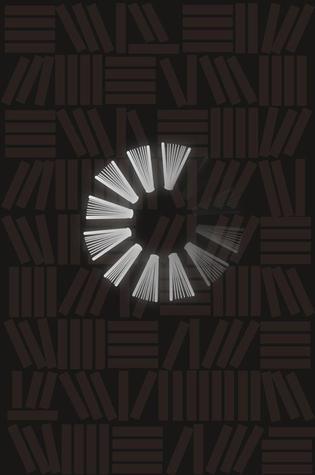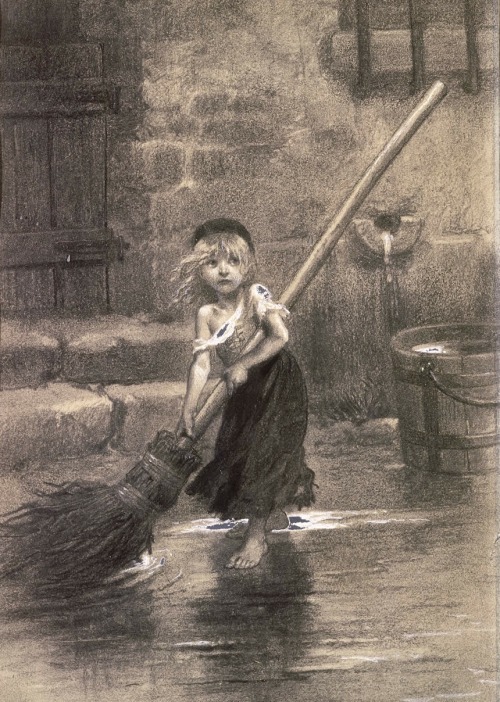It’s easy enough to recommend the light, literate Mr. Penumbra’s 24-Hour Bookstore without diving too far into the story (the book is still new and people will be wanting to avoid spoilers for some time, unlike, say, Les Miserables), though it will be read with more interest by savvy folks for whom the references need not be explained in footnotes (or marginalia).
The premise is simple but rich in potential: A young out-of-work tech guy in San Francisco takes a job working at a strange old bookstore and tumbles into a mystery of sorts. It’s a breezy trip with a few nods to history and more than a few nods to present tech culture. While that makes it a fun read for the tech-savvy of 2012, I think it might end up causing the book to age poorly, achieving anachronism status for the tech-savvy of 2022. At any rate, the trade-off works for now.









